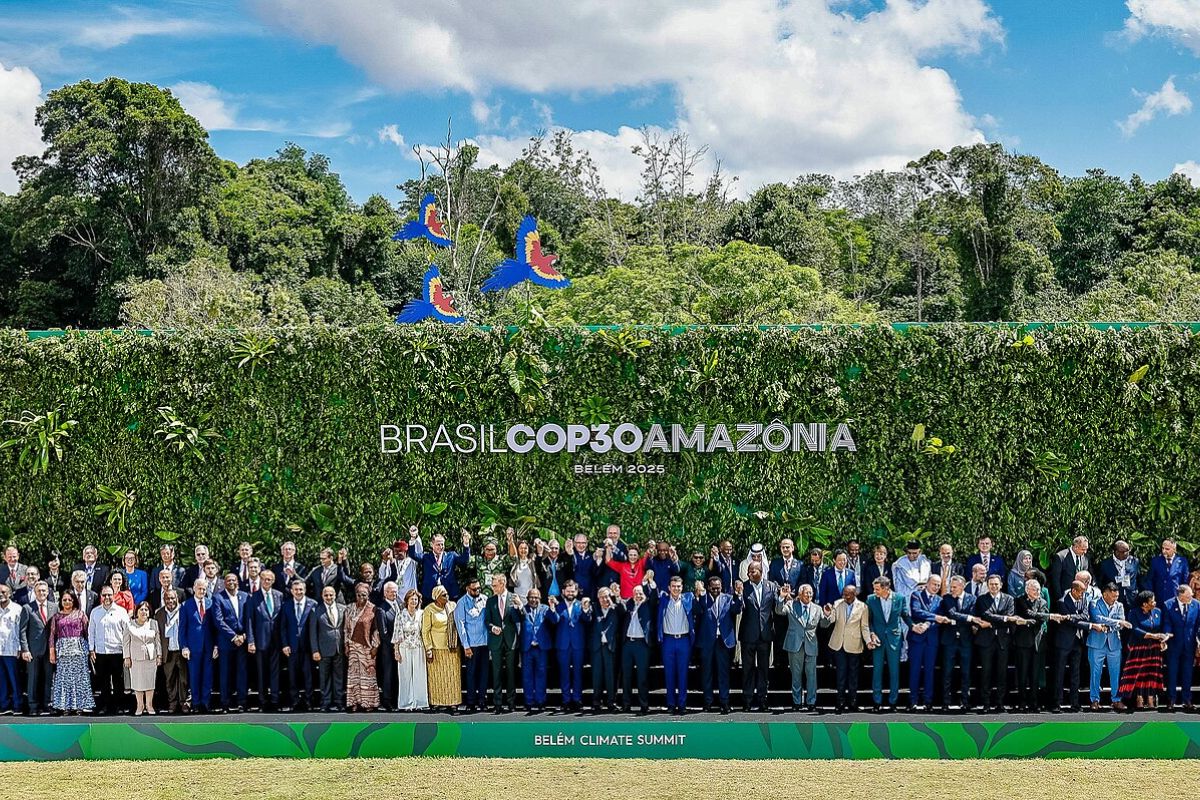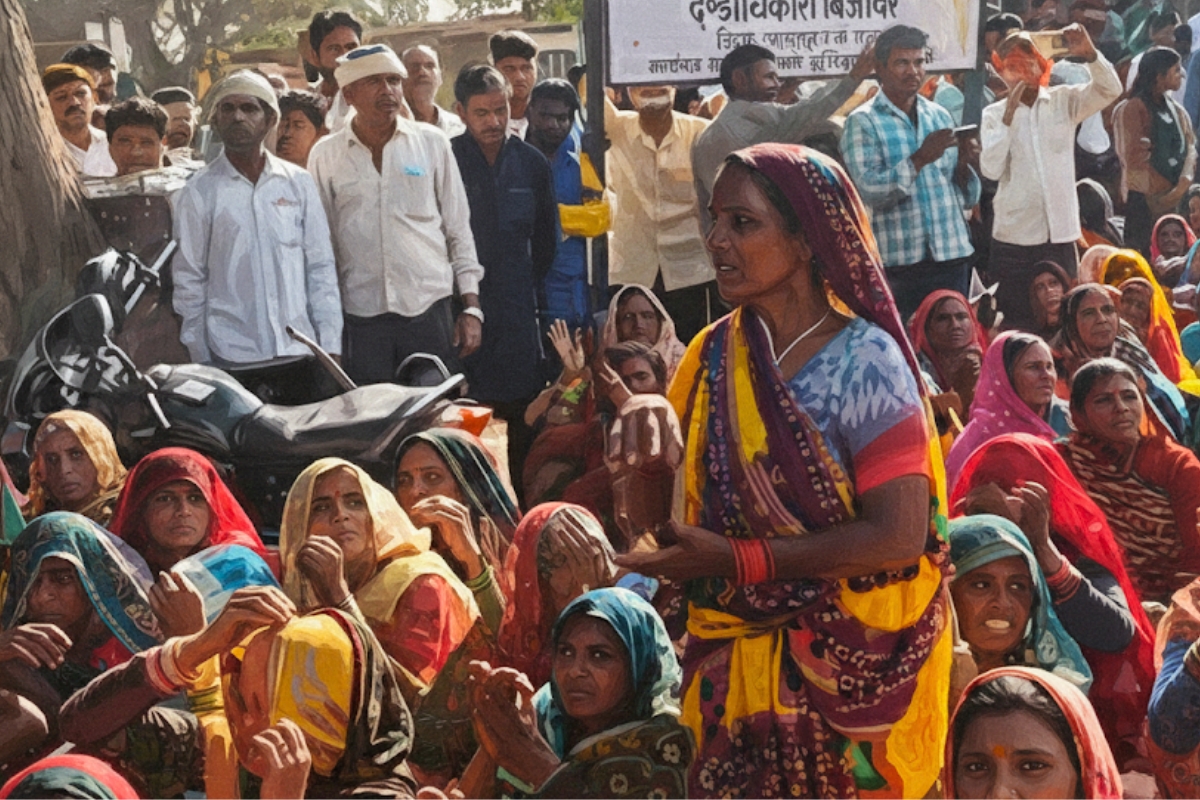A new report from the coalition Kick Big Polluters Out shows that 1,602 fossil fuel lobbyists are attending COP30 in Belém. The figure means that one in every 25 registered participants at the climate talks represents the fossil fuel industry. Only Brazil, the host nation, has a larger presence at the summit with 3,805 listed attendees.
KBPO is a coalition of more than 450 groups that track the presence of fossil fuel representatives at the annual climate talks. The team reviewed the provisional participant list for COP30 line by line. Their count marks the highest number of fossil fuel lobbyists recorded at any United Nations climate conference since the coalition began its tracking work.
Fossil Fuel Lobbyists Inside COP30
The data shows a 12 percent rise in fossil fuel lobbyists compared to last year’s meeting in Baku. KBPO says the figure surpasses the combined delegation size of the ten most climate-vulnerable nations, which sent 1,061 people.
Major trade associations continue to play a central role. The International Emissions Trading Association brought 60 representatives, including staff from ExxonMobil, BP and TotalEnergies. Around 599 lobbyists gained access through Party overflow badges, giving them entry to negotiation areas normally limited to country teams.
Some governments brought fossil fuel representatives inside their official delegations. France included 22 such delegates, five of them from TotalEnergies. Japan listed 33. Norway brought 17, including senior executives.
Jax Bonbon of KBPO said the rising presence signals a structural concern. “It’s common sense that you cannot solve a problem by giving power to those who caused it,” the statement read. “Yet three decades and 30 COPs later, more than 1,500 fossil fuel lobbyists are roaming the climate talks as if they belong here.”
Debate grows over industry presence
A representative from the oil sector rejected the criticism and defended the broad attendance. “We all understand the global emissions status and role of fossil fuel burning in the process. But you cannot solve the problem overnight and needs a thorough discussion,” the official said.
Activists say the numbers limit the voice of countries already facing severe climate impacts. They noted that fossil fuel lobbyists outnumber delegates from the Philippines by nearly 50 to 1 while the country deals with strong typhoons. They also pointed to Jamaica’s small delegation, saying the ratio is more than 40 to 1 as the island recovers from Hurricane Melissa.
Experts offer contrasting views on the presence of the industry. Nilanjan Ghosh of ORF Kolkata said their participation is necessary. “They need to be part of the negotiations and their increasing presence in the COP30 is a welcome move,” he said, adding that climate action requires broad cooperation.
A senior UNFCCC official said the selection of delegates is decided by governments and observer groups. “The onus is on the Parties and observer groups to nominate the representatives, and we have no role,” the official said.
Climate activist Harjeet Singh warned that the scale of industry attendance reflects deeper pressures inside the process. “They have turned the climate summit into a trade show for polluters,” he said, arguing that their influence weakens efforts to reach stronger outcomes.
Support us to keep independent environmental journalism alive in India.
Keep Reading
Elephants Are Back in MP After a Century, But Can They Stay?
Solar Energy – A Paradigm Shift in Wildlife Conservation
Stay connected with Ground Report for underreported environmental stories.






